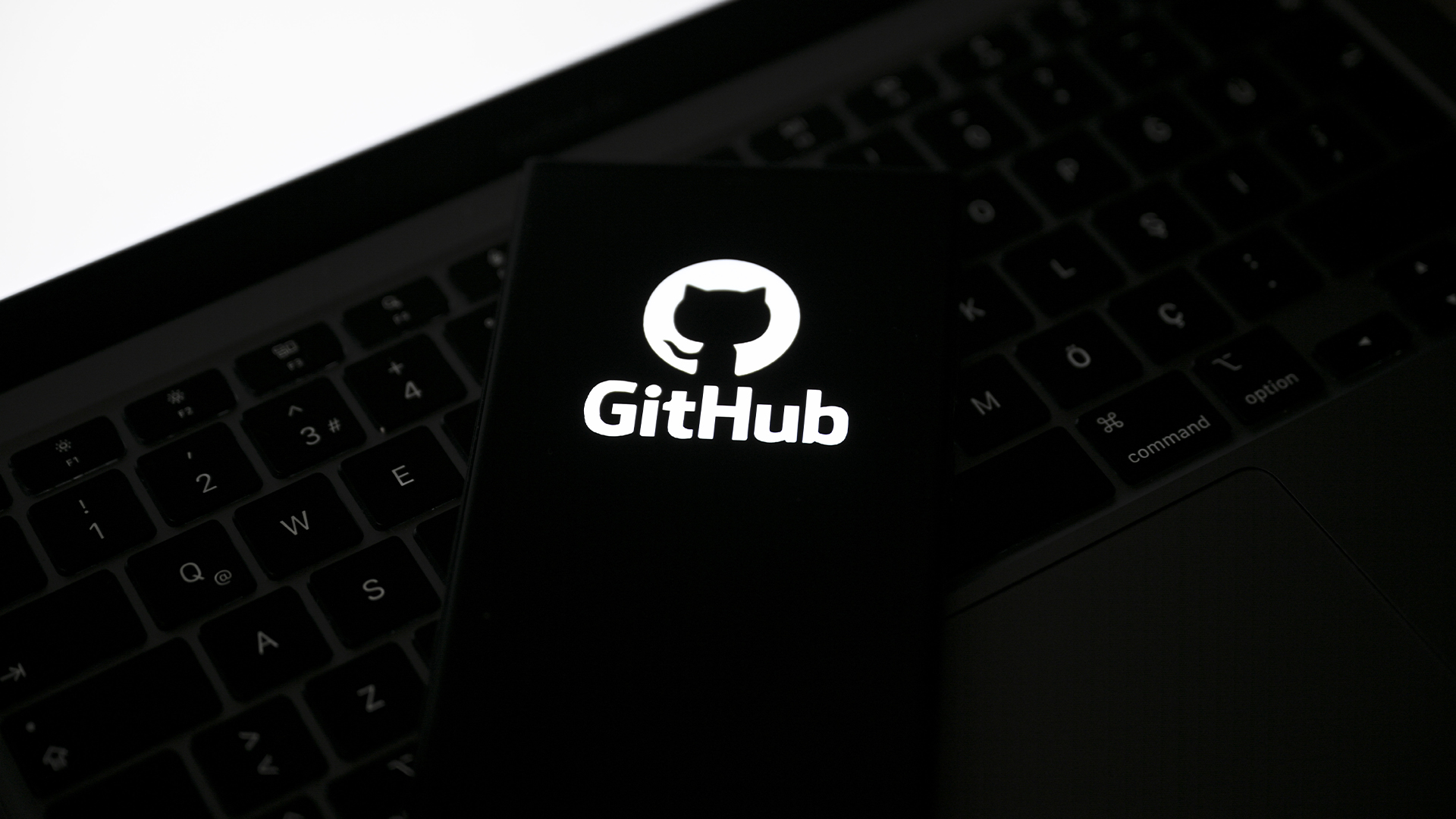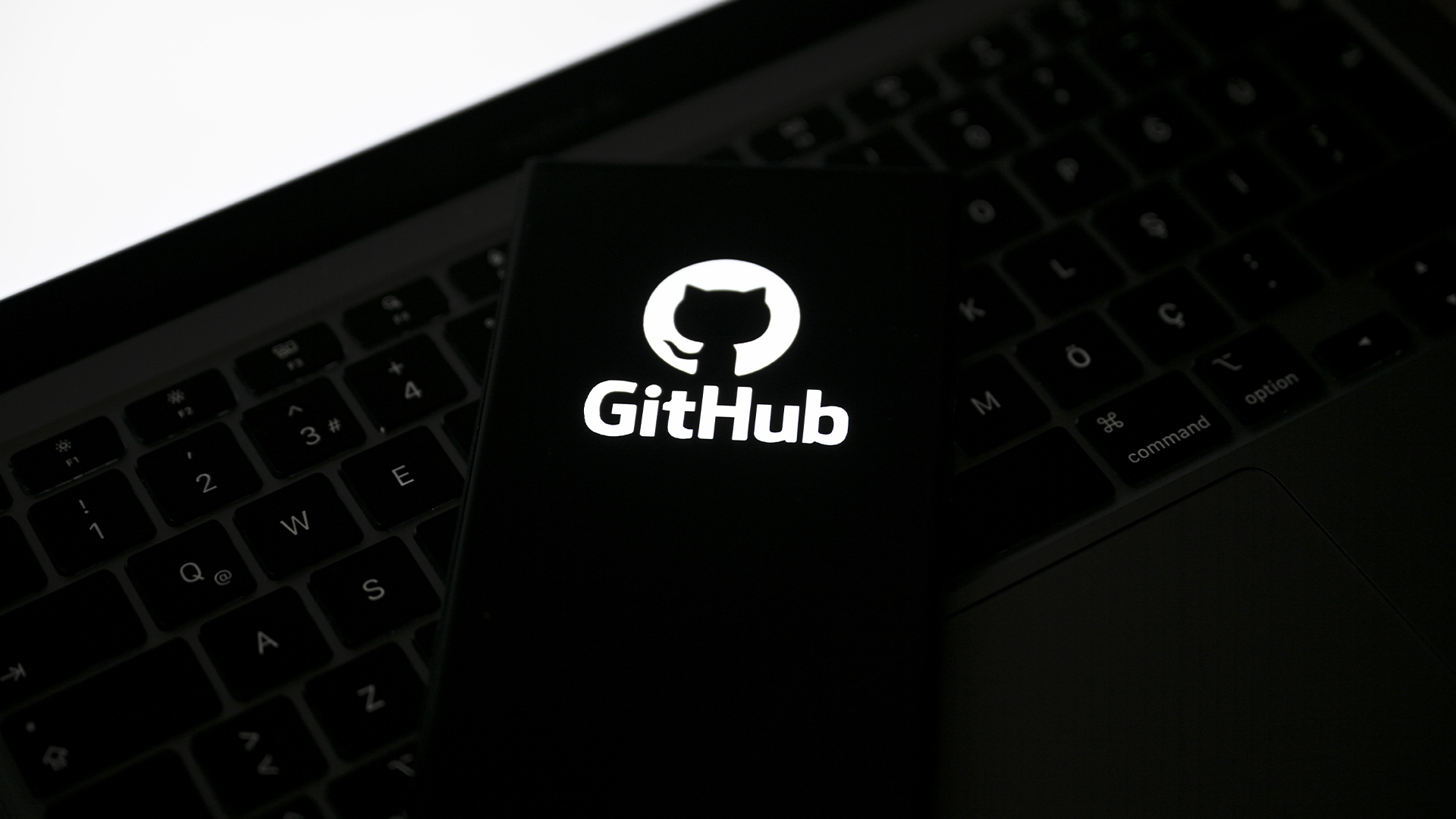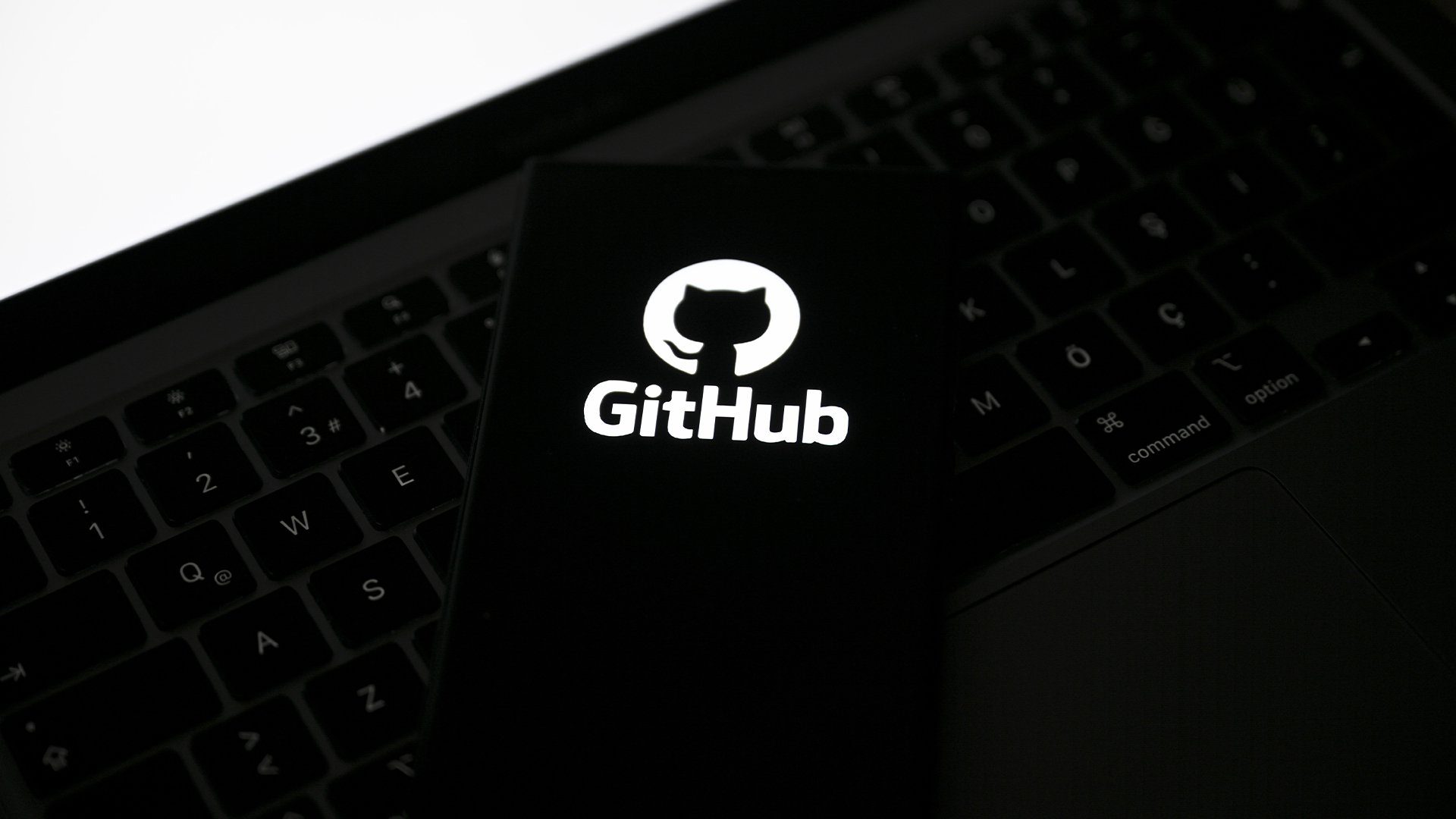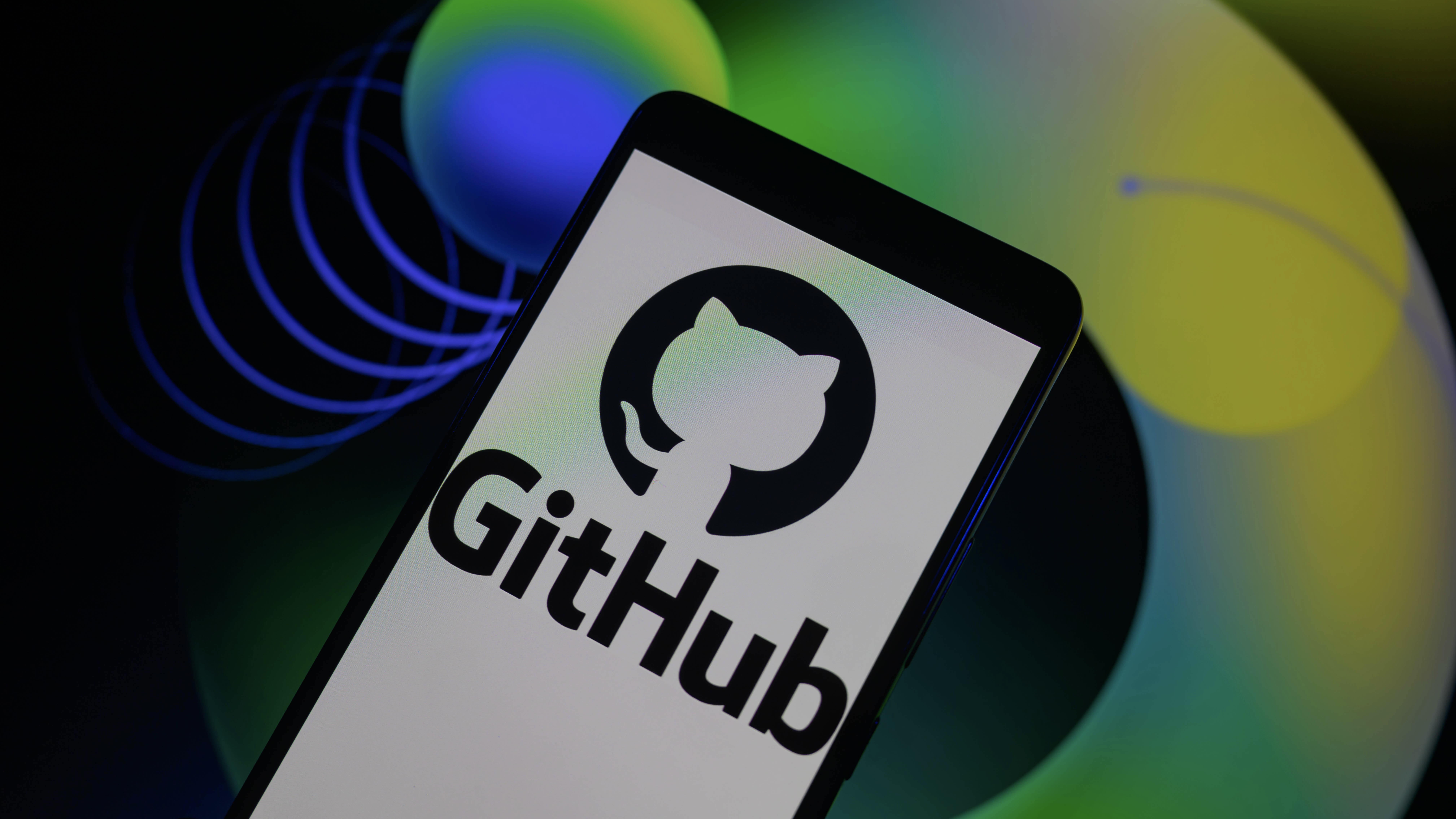GitHub bug bounty payouts surpass $1.5 million
The Microsoft-owned company's bounty programme, which launched on HackerOne in 2016, awarded more than $500,000 in the last 12 months


GitHub awarded $524,250 (£377,017) in bug bounties in the last year, bringing total payouts from the five-year-old programme to $1,552,004.
The company said that 2020 was the programme's “busiest year yet”, and from February 2020 to 2021, it handled a higher volume of submissions than any previous year. The over half a million in bounties was awarded for 203 vulnerabilities in its products and services.
In total, 1,066 submissions were made to the programme, which was launched in 2016 on HackerOne. The Microsoft-owned company’s response time improved by four hours from 2019 to an average of 13 hours to first response.
Furthermore, submissions were validated and triaged internally to partner teams within 24 hours on average, while bounties were paid out 24 days after the submission of an eligible report.
One of the “most interesting” submissions GitHub received in 2020 was an open redirect vulnerability discovered by William Bowling which was awarded $10,000. The vulnerability on GitHub.com could be used to compromise the OAuth flow of Gist users.
Moreover, GitHub also became a CVE Number Authority (CNA) in 2020 where it began issuing CVEs for vulnerabilities in GitHub Enterprise Server. “Being a CNA allows us to clearly and consistently communicate to customers the issues that are fixed in our products, allowing customers to properly identify outdated GitHub Enterprise Server instances and prioritise upgrades,” stated the company.
RELATED RESOURCE

At the start of June, GitHub updated its policies to reduce the potential for hackers to abuse the platform, including blocking any code used in ongoing attacks. The change explicitly allowed dual-use security technologies and content related to security research to remain on the platform but will take action against projects that may lead to causing harm to others. GitHub users are prohibited from uploading or sharing any content through the platform which can deliver malicious files, or from manipulating it to serve as a Command and Control infrastructure.
Get the ITPro daily newsletter
Sign up today and you will receive a free copy of our Future Focus 2025 report - the leading guidance on AI, cybersecurity and other IT challenges as per 700+ senior executives
Zach Marzouk is a former ITPro, CloudPro, and ChannelPro staff writer, covering topics like security, privacy, worker rights, and startups, primarily in the Asia Pacific and the US regions. Zach joined ITPro in 2017 where he was introduced to the world of B2B technology as a junior staff writer, before he returned to Argentina in 2018, working in communications and as a copywriter. In 2021, he made his way back to ITPro as a staff writer during the pandemic, before joining the world of freelance in 2022.
-
 Cleo attack victim list grows as Hertz confirms customer data stolen
Cleo attack victim list grows as Hertz confirms customer data stolenNews Hertz has confirmed it suffered a data breach as a result of the Cleo zero-day vulnerability in late 2024, with the car rental giant warning that customer data was stolen.
By Ross Kelly
-
 Lateral moves in tech: Why leaders should support employee mobility
Lateral moves in tech: Why leaders should support employee mobilityIn-depth Encouraging staff to switch roles can have long-term benefits for skills in the tech sector
By Keri Allan
-
 Organizations urged to act fast after GitHub Action supply chain attack
Organizations urged to act fast after GitHub Action supply chain attackNews More than 20,000 organizations may be at risk following a supply chain attack affecting tj-actions/changed-files GitHub Action.
By Emma Woollacott
-
 Nearly a million devices were infected in a huge GitHub malvertising campaign
Nearly a million devices were infected in a huge GitHub malvertising campaignNews Microsoft has alerted users to a malvertising campaign leveraging GitHub to infect nearly 1 million devices around the world.
By Solomon Klappholz
-
 'GitVenom' campaign uses dodgy GitHub repositories to spread malware
'GitVenom' campaign uses dodgy GitHub repositories to spread malwareNews Security researchers have issued an alert over a campaign using GitHub repositories to distribute malware, with users lured in by fake projects.
By Solomon Klappholz
-
 Malicious GitHub repositories target users with malware
Malicious GitHub repositories target users with malwareNews Criminals are exploiting GitHub's reputation to install Lumma Stealer disguised as game hacks and cracked software
By Emma Woollacott
-
 A leaked GitHub access token could have led to a catastrophic supply chain attack
A leaked GitHub access token could have led to a catastrophic supply chain attackNews The GitHub access token with administrator level privileges could have been used to great effect by threat actors
By Solomon Klappholz
-
 Hackers have found yet another way to trick devs into downloading malware from GitHub
Hackers have found yet another way to trick devs into downloading malware from GitHubNews Threat actors have developed a new way to covertly embed malicious files into legitimate repositories on both GitHub and GitLab using the comment section
By Solomon Klappholz
-
 Hackers are abusing GitHub's search function to spread malware
Hackers are abusing GitHub's search function to spread malwareNews Hackers are using the names of popular GitHub repositories to trick users into downloading malicious code, new research reveals.
By Solomon Klappholz
-
 Hackers take advantage of AI hallucinations to sneak malicious software packages onto enterprise repositories
Hackers take advantage of AI hallucinations to sneak malicious software packages onto enterprise repositoriesNews New research reveals a novel attack path where threat actors could leverage nonexistent open-source packages hallucinated by models to inject malware into enterprise repositories
By Solomon Klappholz